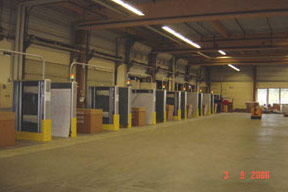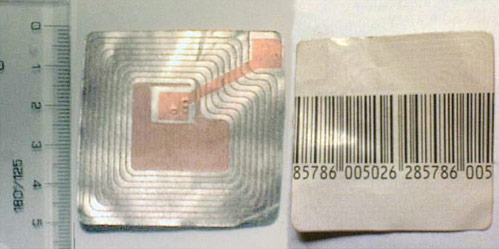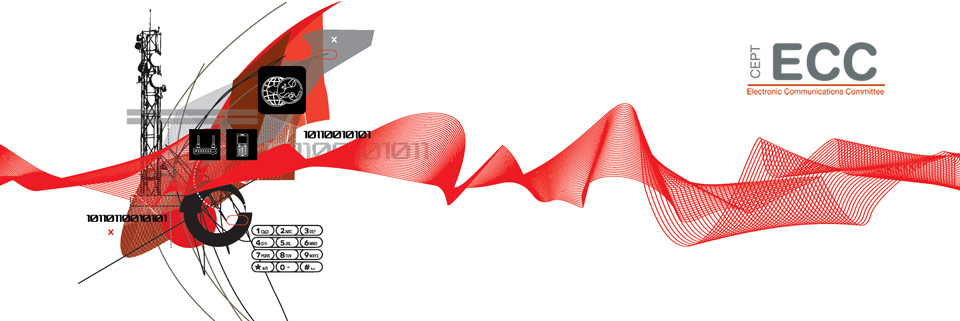Small devices with a large impact: ECC Workshop on spectrum for RFIDs, SRDs, and Smart Metering
Radio Frequency Identification Devices (RFIDs) are not new, but the very rapid expansion in their use is, especially in the field of logistics management. The distribution of so many of the goods that we buy and use in our daily lives is subject to close monitoring before and after manufacture in order to reduce theft and wastage, and to keep their prices more affordable. RFIDs are a form of Short Range Device (SRD), and a suitable technical environment needs to be created and protected so that they work properly.
Against this background, the Chairman of the ECC Frequency Management Working Group (WGFM) asked its sub-group (SRD/MG), which is chaired by the European Communications Office (ECO), to organise an ECC Workshop to examine the need for additional spectrum for RFID, SRDs and Smart Metering (improving the efficiency of utilities' delivery to consumers, including electricity supply).
This followed a request from ETSI to make the band 915 - 921 MHz available for use by RFID and to designate the band 870 - 876 MHz to SRDs and Smart Metering. The workshop will take place at the German Bundesnetzagentur in Mainz on 4th and 5th April 2011. It is an excellent opportunity for industry and users of RFID, SRDs and Smart Metering to put their case to the frequency administrations on the need for additional spectrum in Europe. The Workshop is open to the public. You can register for the event by visiting the ECC's website at www.cept.org/ecc.
The keynote speaker for the event will be Thomas Ewers who is Chairman of the ECC. He will be joined by the Chairmen of ECC WGFM and SRD-MG. On the second day, there will also be some demonstrations of working equipment.
In August 2010, ECO published a Report on “The Dynamic Evolution of the RFID Market”. The report contains information on how RFID devices have progressively evolved right from their very early use, technically as well as in the market place, and also includes forecasts. The most promising ranges for future growth are the HF and UHF bands. The present conclusion has been that spectrum is sufficient in the short term while additional frequencies might be considered to improve the functionality of future applications and also foster future market growth projected by industry.
New results from an ongoing UHF spectrum monitoring campaign for RFID and SRDs in the UHF band will also be reported on during the workshop. The campaign is coordinated inside ECC WGFM.
RFIDs are deployed in a very wide variety of important economic and social situations.

flows: this can reduce the large amount of losses which can occur; often quoted as 20% of values between factory and the retail point.
For example, RFIDs can be placed at
warehouse dock doors to monitor stock
Many RFID applications are seen as a technically more robust alternative to optical barcodes in familiar logistics operations: manufacturing, shipping, medical, postal. Technological development and economies of scale are reducing the additional cost of RFIDs compared with barcodes.

Thomas Weber
ECO, Frequency Management Expert
